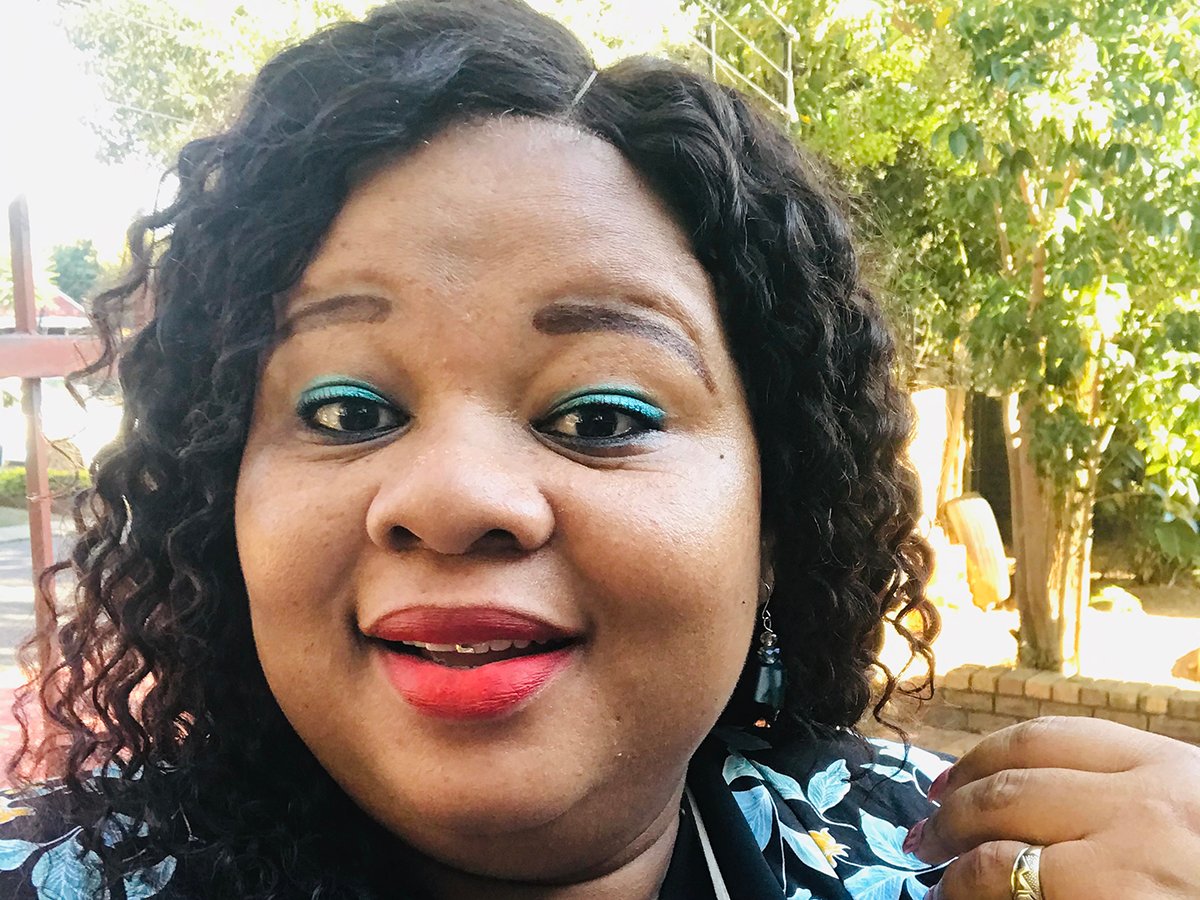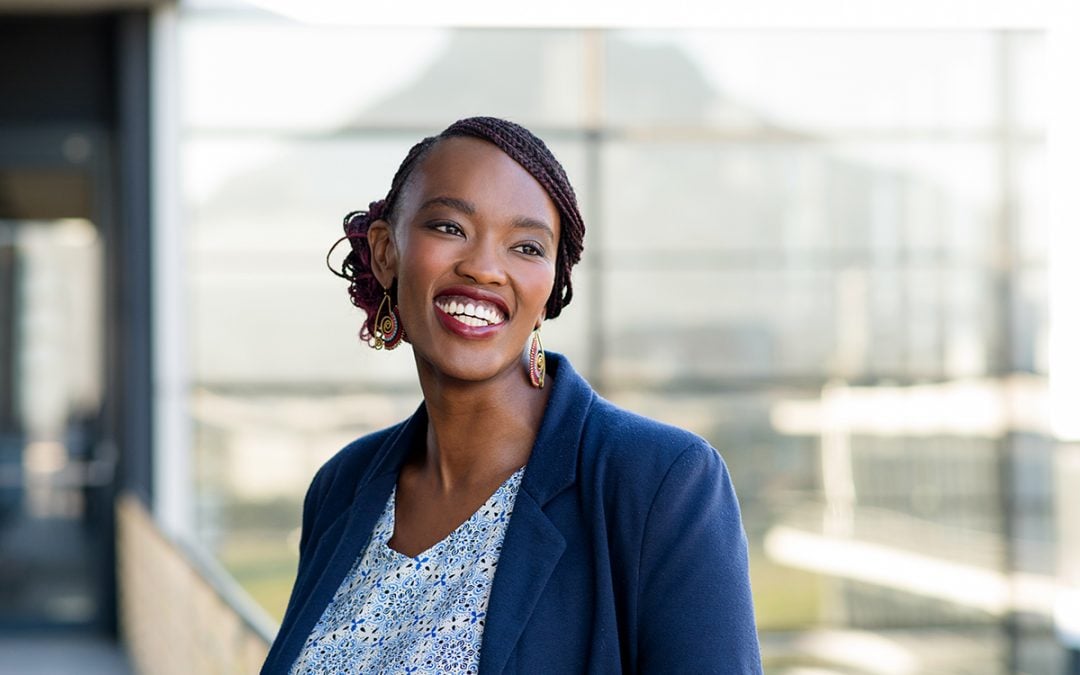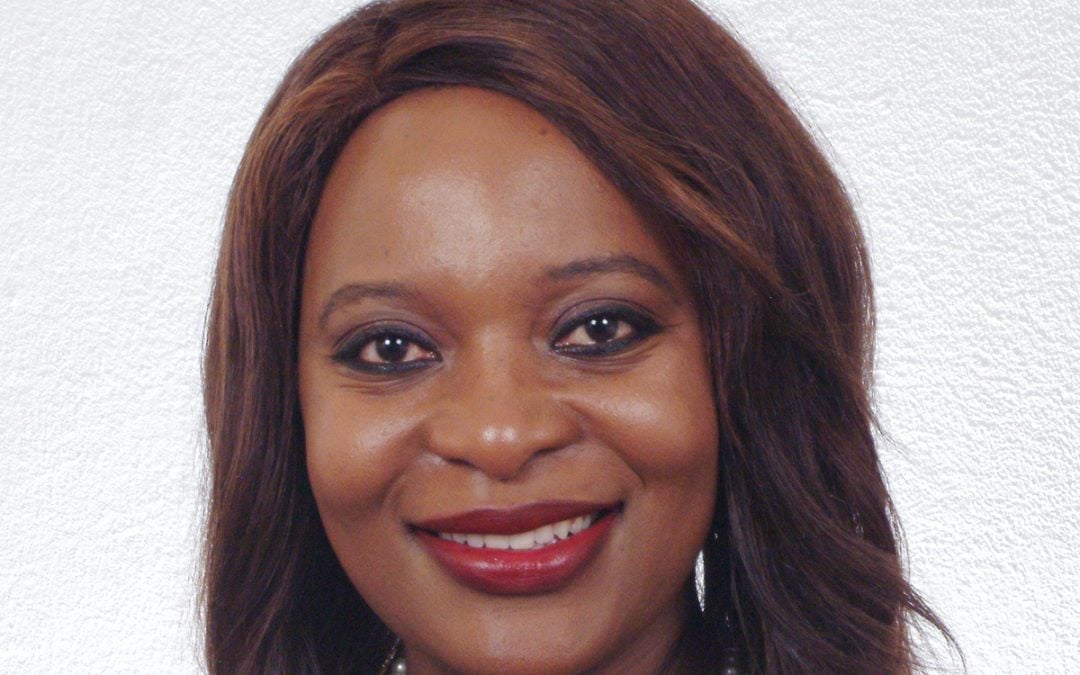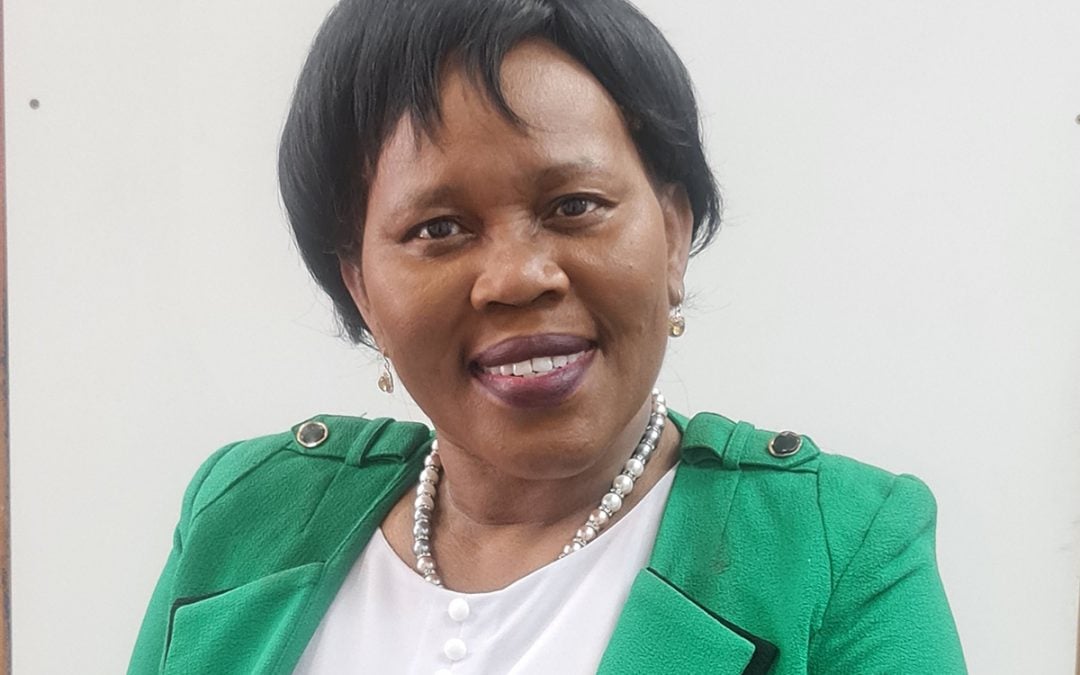Mandisa Dukashe is HIV-positive and is leading the fight for a 0% HIV transmission future. Through her NGO, HIV Survivors and Partners Network, she has partnered with the U = U campaign. “What U = U means is undetectable = untransmittable. It’s a global movement started by the Prevention Access Campaign from the US in 2016,” she says.
The data behind the U = U campaign was formulated several years before the campaign began and has since spread to more than 60 countries. “There were four studies that were done involving thousands and thousands of HIV discordant partners that proved when someone who is HIV-positive is on treatment and virally suppressed, that person cannot transmit HIV. When the viral load is undetectable, it is untransmittable to the HIV-negative partner,” Dukashe explains.
She and her husband researched the concept further and by 2014, they were satisfied with the findings. After a decade of protected sex, they conceived and Dukashe’s first daughter was born HIV-negative.
Dukashe, who has 10 years’ experience as a nurse, works with HIV-positive healthcare workers, as well as HIV-positive community members. In 2018 she founded HIV Survivors and Partners Network, establishing ties with the Prevention Access Campaign. Trusting in the U = U theory before it was launched as a campaign was meaningful for Dukashe and her husband, a practicing nurse.
“We wanted to prove science was going to work for us. In 2014, I gave birth to my daughter, and my husband was HIV-negative. In 2021, my husband is still HIV-negative because of U = U,” she says.
Dukashe knew that U = U would change health management strategies toward HIV in South Africa. Her work with U = U focuses on starting treatment and viral suppression — areas where South Africa’s performance is poor. “According to the 1990 targets, we did not do well on starting people on treatment and viral suppression,” she says.
In South Africa, 70% of HIV-positive people start treatment and 64% are virally suppressed — although the U = U campaign has done better on both fronts. “In our support groups, we’re sitting on 97% viral suppression and everyone is on treatment,” Dukashe says.
Dukashe’s journey has been captured in her autobiography, As I Rise Above, published last year. In it she writes about her experiences as a young girl with an absent mom, raised by her grandmother, and about the rape by a trusted family member. “I was the first at home with a matric and graduating with a degree is another story. I thought my HIV status was meant to destroy me, only to find out it was meant to propel and put me where I am today,” Dukashe says.
Her story shares truths on how young women enter transactional relationships with older men, hoping to secure a stable future. “If it was not for the inequalities and the lack of opportunities as a young girl, I would not have chosen to get married at 19 and I would not have contracted HIV in the process. Economic empowerment for women and girls is important because when you’re not empowered, the chances of you moving away are lower. The person who is providing for you is the same person who is violating your rights and abusing you,” she says.
Dukashe will graduate with a master’s in public health at the end of the year and is pursuing a PhD in public health next year. “I want to be that academic in Africa who’s not only a researcher, but who is also living the U = U campaign. When they are quoting who brought this to Africa, who actually called on different governments in the region to adopt this, my name will be mentioned,” she says.
U = U can end the HIV epidemic.




























